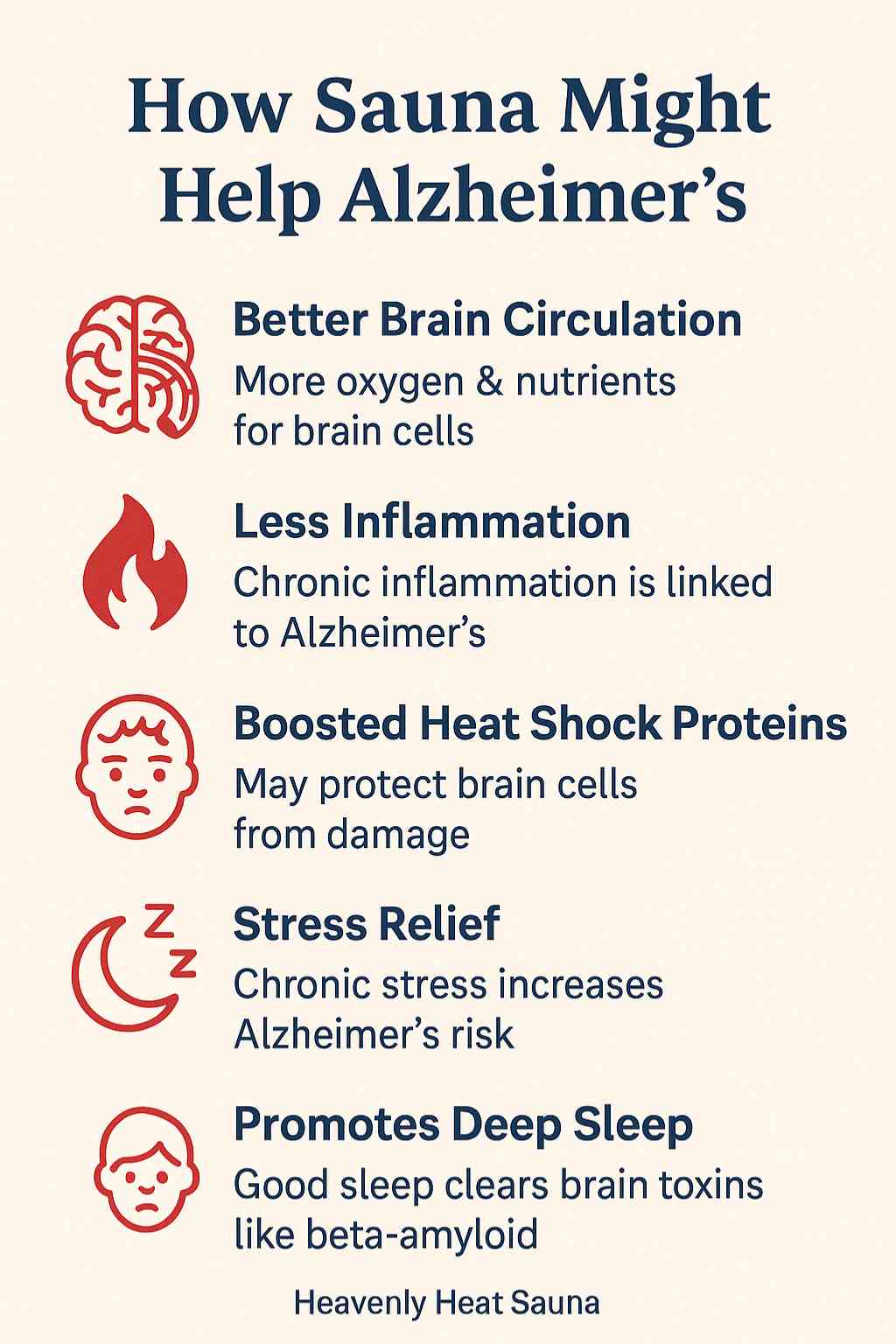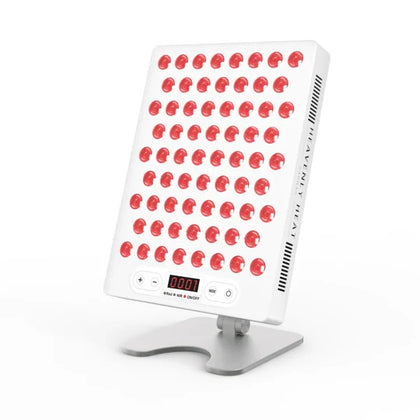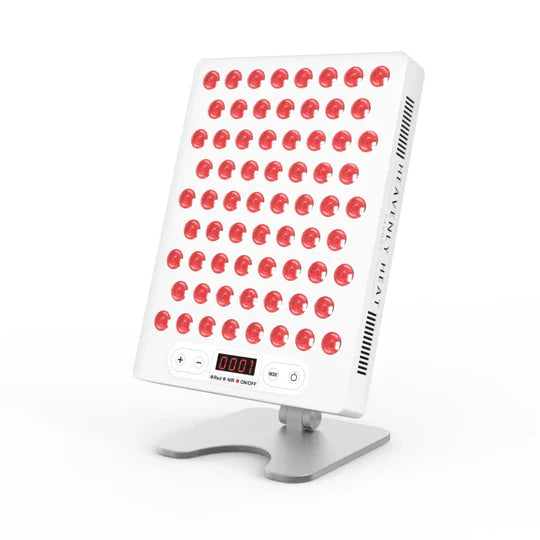Do Saunas Help Alzheimer's?

Memory loss, confusion, and difficulty completing daily tasks are just a few of the early symptoms of Alzheimer’s disease, making life increasingly challenging for millions.
Ignoring these signs can lead to faster decline, lost independence, and emotional strain on families. But could something as simple as regular sauna use offer hope? Discover the surprising connection between saunas and Alzheimer’s, read on to learn more.
Key Takeaways
- Regular sauna use may improve brain blood flow, supporting brain health and potentially slowing Alzheimer’s progression.
Saunas can reduce brain inflammation and stress, which are linked to Alzheimer’s risk and cognitive decline.
Heat exposure from saunas may boost brain repair proteins like BDNF, helping protect and restore brain cells.
Sauna sessions can improve sleep quality, aiding toxin clearance and memory support for Alzheimer’s prevention.
Use caution with sauna therapy for Alzheimer’s patients due to risks like dehydration, overheating, and falls.
What Is Alzheimer’s Disease?
- Alzheimer’s disease happens when harmful changes build up in the brain: Memory loss and confusion start because the brain is being damaged.
- Memory problems usually begin with forgetting recent things: People first notice trouble remembering recent events or names.
- Thinking and everyday activities become harder as the disease grows: Alzheimer’s affects how people think and do daily tasks over time.
- Alzheimer’s is a specific disease, different from general memory loss called dementia: Alzheimer’s is one kind of brain disease; dementia means general problems with memory.
- Alzheimer’s is common in older people and gets worse in stages: The disease usually affects older adults and slowly moves from mild forgetfulness to serious problems.
- Genetics and lifestyle together cause damage to brain cells over time: A mix of inherited genes and how we live can lead to brain changes that cause Alzheimer’s.
Are There Scientific Studies on Sauna Use and Alzheimer’s?
- Scientists are still studying sauna’s effect on Alzheimer’s: Research about sauna use and Alzheimer’s prevention is new and limited, with only a few clinical trials so far.
- Regular sauna might help protect the brain: Some studies show that using the sauna often could lower the chance of getting Alzheimer’s by keeping the brain healthier.
- Frequent sauna use may slow Alzheimer’s progress: Long-term studies suggest that people who use saunas regularly might experience slower Alzheimer’s symptoms.
- More research is needed for clear answers: There aren’t enough combined studies yet, so scientists need to do more research to know for sure how sauna affects Alzheimer’s.
How Sauna Might Help Alzheimer’s?
Enhanced Brain Blood Flow Through Heat Exposure
Heat exposure in a sauna causes blood vessels to widen, increasing blood flow to the brain. This improved circulation delivers more oxygen and nutrients, helping brain cells function better.
Poor cerebral circulation is linked to Alzheimer’s because the brain may not get enough oxygen and nutrients, causing damage over time.
By promoting better blood flow, sauna therapy might slow Alzheimer’s progression and support brain health.
Reduction of Chronic Inflammation Linked to Alzheimer’s
Saunas can lower inflammation by reducing markers like CRP and IL-6. In the brain, inflammation involves overactive microglial cells.
Regular sauna use may calm these cells and trigger heat shock proteins that fight inflammation, reducing neurodegenerative damage.
Controlling inflammation through sauna use could lower Alzheimer’s risk or slow its progression.
Promotion of Relaxation and Stress Reduction
Sauna bathing relaxes the body by lowering stress hormones like cortisol and activating the parasympathetic nervous system.
This reduces stress-related inflammation in the brain, which can worsen Alzheimer’s. Regular sauna use may provide lasting stress relief, supporting mental health and cognitive function.
Detoxification Benefits Supporting Cognitive Health
Saunas help the body detoxify by promoting sweating, which removes toxins and heavy metals that may contribute to Alzheimer’s.
This reduces oxidative stress, a factor in brain cell damage. Heat exposure also supports cellular detoxification and mitochondrial function, helping brain cells generate energy efficiently.
Increased Production of Brain-Derived Neurotrophic Factor (BDNF)
Increased Production of Brain-Derived Neurotrophic Factor (BDNF)
Sauna use can raise levels of BDNF, a protein that supports brain cell growth and survival. Heat exposure stimulates BDNF expression, encouraging brain repair and new connections.
Since Alzheimer’s patients often have reduced BDNF, boosting it through sauna sessions could improve symptoms and protect brain function.
Improved Sleep Quality for Alzheimer’s Prevention
Good sleep helps the brain clear toxins like amyloid-beta and supports memory and learning. Sauna use can improve sleep quality by relaxing the body and reducing stress, helping people fall asleep faster and sleep more deeply.
Better sleep hygiene supported by sauna sessions may delay Alzheimer’s onset and ease symptoms.

What Are the Risks of Sauna Use for Alzheimer’s Patients?
- The body may not handle the heat well: Alzheimer’s patients often can’t regulate their body temperature properly. This makes them more likely to overheat or suffer heat stroke in a sauna, which can be dangerous without close monitoring.
- Dehydration can make memory and confusion worse: Saunas cause sweating, which leads to fluid loss. For someone with Alzheimer’s, even mild dehydration can make symptoms like confusion, forgetfulness, and irritability worse.
- Slippery floors and poor balance can lead to falls: Many Alzheimer’s patients struggle with balance and coordination. Inside a hot and slippery sauna, the risk of slipping or falling increases, which could lead to serious injury.
- Heat and small spaces can make them feel confused or upset: The heat, steam, and enclosed space of a sauna can be disorienting. This may trigger agitation, panic, or emotional stress in someone already struggling with cognitive challenges.
- Too much sauna use can put strain on the heart: Using a sauna too often or staying inside for too long may put extra pressure on the heart and body, especially in Alzheimer’s patients who might already have other health issues.
FAQs
Can sauna use impact insulin sensitivity and how might that relate to Alzheimer’s risk?
Regular sauna sessions can improve insulin sensitivity, helping the brain get the energy it needs to function well. Sauna heat triggers biological processes that boost insulin signaling and reduce inflammation, supporting brain health. Improving insulin action in the brain may lower Alzheimer’s risk.
Does sauna therapy influence the glymphatic system involved in brain waste clearance?
Sauna therapy can boost the glymphatic system, which clears waste from the brain. Heat increases blood flow and helps cerebrospinal fluid move more freely, improving toxin removal. Regular sauna use may enhance this cleaning process, especially when combined with deep relaxation or sleep afterward.
Are there genetic factors (like APOE4) that influence whether sauna therapy is beneficial for Alzheimer’s prevention?
Some research suggests the APOE4 gene may affect how sauna therapy influences brain health. Sauna use might also impact gene expression related to Alzheimer’s, potentially slowing its development. Researchers are exploring biomarkers to predict who benefits most, especially among APOE4 carriers.
How might sauna use affect hormonal balance relevant to cognitive function?
Sauna use lowers cortisol, protecting the brain from chronic stress damage. It also raises BDNF and triggers growth hormone release, supporting brain repair and cognitive function. Additionally, sauna bathing may balance sex hormones and reduce harmful inflammatory hormones contributing to cognitive decline.







































